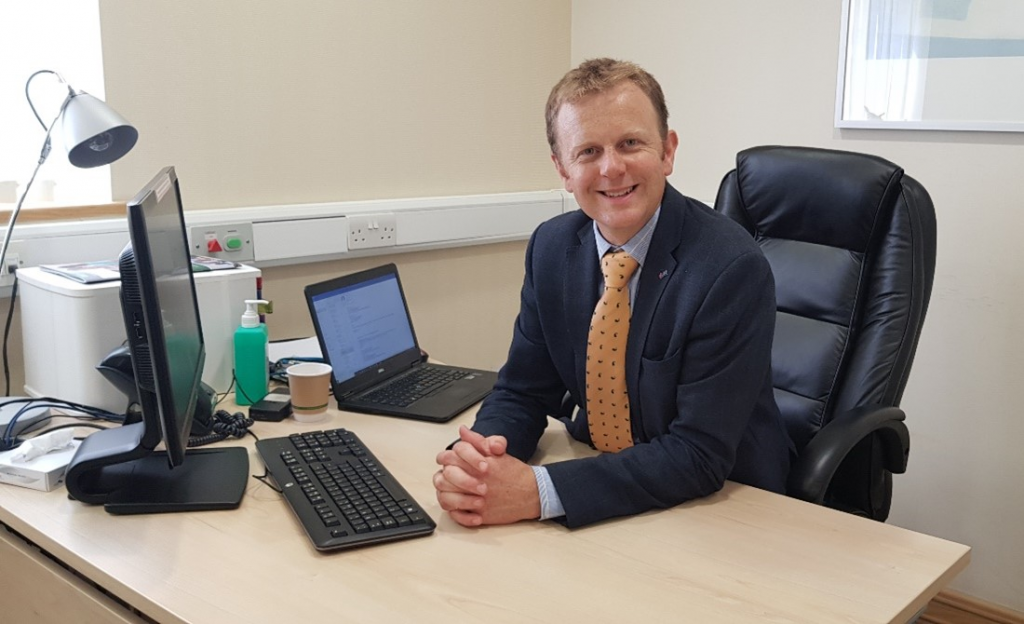Active Surveillance
Your urologist may suggest active surveillance if you are diagnosed with lower-risk prostate cancer. ‘Active surveillance’ means that we actively monitor you with regular appointments, PSA tests, MRI scans and possibly additional biopsies to decide whether intervention is needed at some point in the future. It is certainly not ‘doing nothing’. Evidence shows that over half of men on active surveillance do not end up needing treatment, therefore saving any potential side-effects of treatment. Your urologist may also offer ‘watchful waiting’ if you are older or have other health problems. This is slightly different as it does not involve the same frequency of tests or investigations.
Active surveillance normally starts with a comprehensive ‘transperineal’ biopsy (under local or general anaesthetic) to confirm the finding, if not performed already. If you and your urologist agree that active surveillance is a good idea, your urologist will see you regularly in clinic (such as every 3 to 6 months, at first) with PSA tests and possibly digital rectal examinations. After about a year, your doctor will order another MRI scan and may suggest another prostate biopsy to check the Gleason score and whether there has been any change. Your urologist may suggest treatment if your Gleason score rises, or you develop symptoms. As initially, the treatment options would likely include robot-assisted radical prostatectomy, external beam radiation therapy, brachytherapy or possibly focal therapy .
By choosing active surveillance, you are avoiding the side effects of surgery, radiation therapy, or other treatments. However, the risk for some men is that waiting to start treatment may reduce the chance to control cancer before it spreads. Having a comprehensive biopsy at the start, regular checkups, and repeated MRI scans reduces this risk.
For some men, it is stressful to live with an untreated prostate cancer. If you choose active surveillance but grow concerned later, you should discuss your feelings with your urologist. You can, of course, change your mind and have treatment at any time.





